Explore which US states are notorious for their less-than-welcoming attitudes.
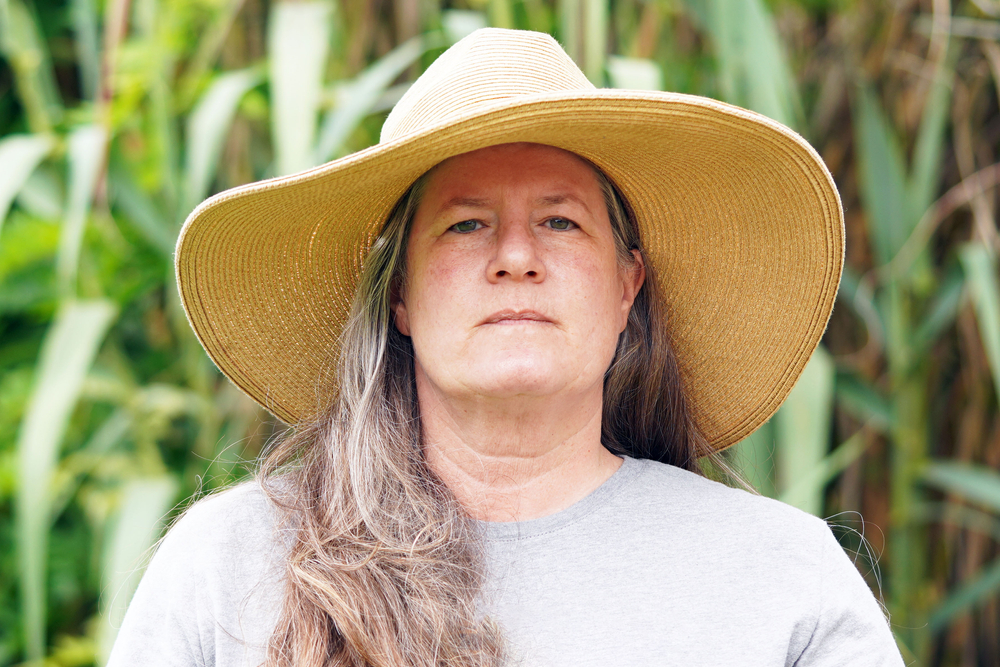
Not every place in the United States greets visitors with open arms and warm smiles. Some states have earned a reputation for being less friendly, whether due to regional cultural norms, reserved attitudes, or a perceived lack of hospitality.
These states may surprise you, as their cool demeanor isn’t always reflective of the warmth within their communities. Let’s unpack the details about US states where locals aren’t as outwardly inviting, exploring the unique reasons behind their less welcoming reputations.
1. New York’s fast-paced culture often leaves little time for pleasantries.
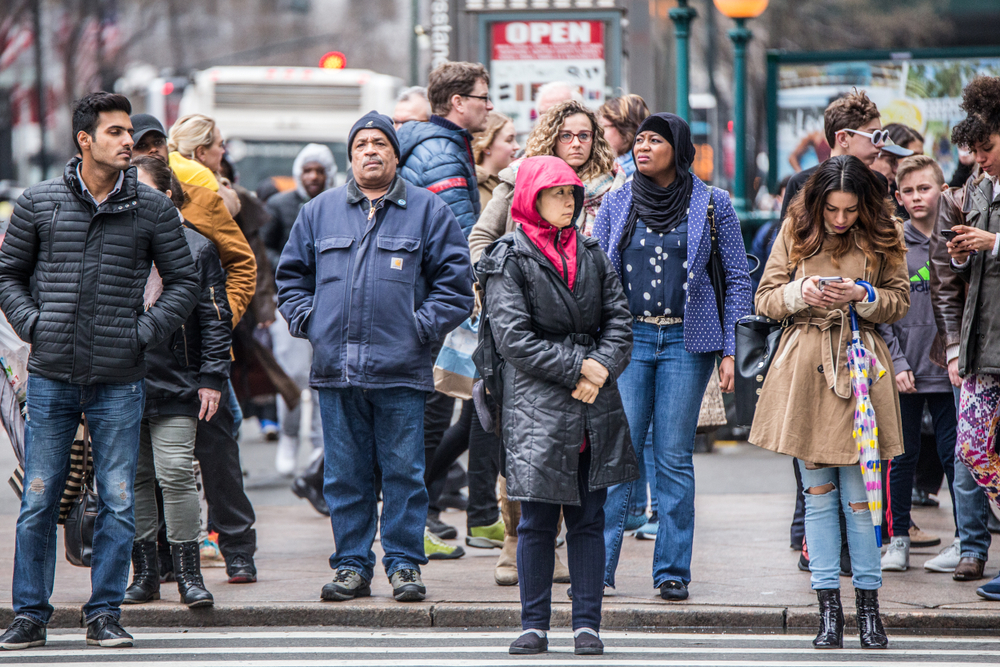
New York is infamous for its brisk, no-nonsense demeanor, especially in urban areas like New York City. The fast-paced lifestyle demands efficiency, leaving little room for small talk or friendly chatter. Visitors often interpret this as rudeness, though locals might argue it’s simply a matter of prioritizing time in a bustling environment. This cultural characteristic is most evident during rush hour when crowded streets and subways amplify the hustle.
Beyond the stereotype, many New Yorkers have a deep sense of community and are quick to help in times of need. However, the outward brusqueness can be jarring for those unaccustomed to it. The state’s charm lies in its authenticity—once you break through the tough exterior, you may find surprisingly kind and generous people.
2. Massachusetts residents are known for their directness and sarcasm.
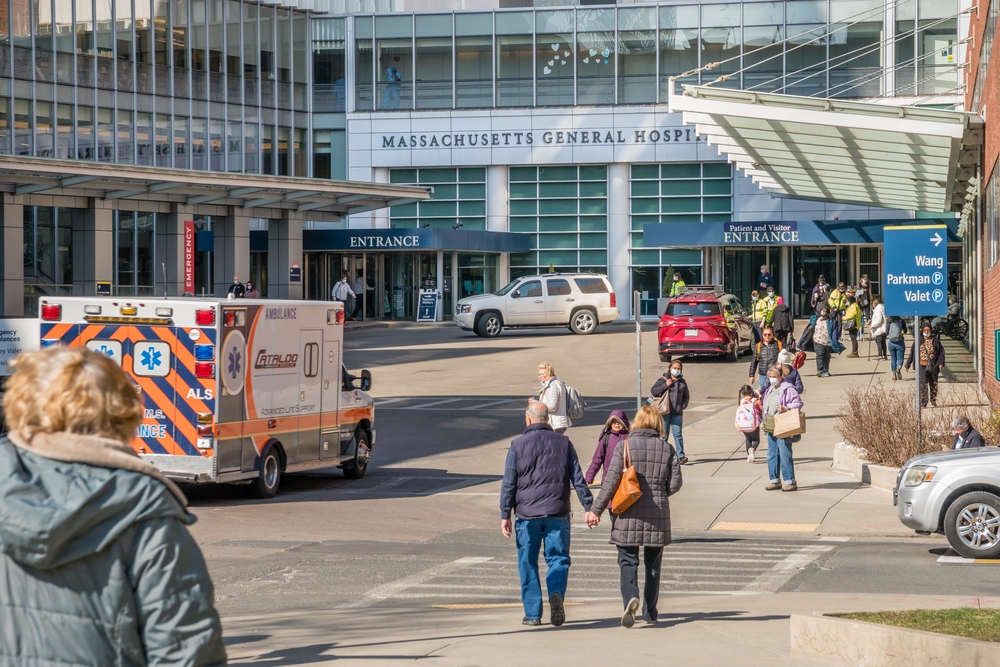
Massachusetts locals, particularly in Boston, are recognized for their bluntness and dry humor. According to Live 959, this no-frills communication style can come across as unfriendly or even dismissive. In truth, it’s a deeply ingrained part of the region’s culture, reflecting a preference for honesty over sugarcoated pleasantries. The state’s rich history and intellectual reputation may also contribute to a sense of aloofness.
However, those who spend time in Massachusetts often come to appreciate the loyalty and warmth hidden beneath the sarcasm. Once locals accept you into their circle, they tend to form tight-knit, lifelong friendships. Understanding the local wit and joining in on the banter is often the key to breaking the ice.
3. Alaska’s remote lifestyle fosters a more guarded demeanor.
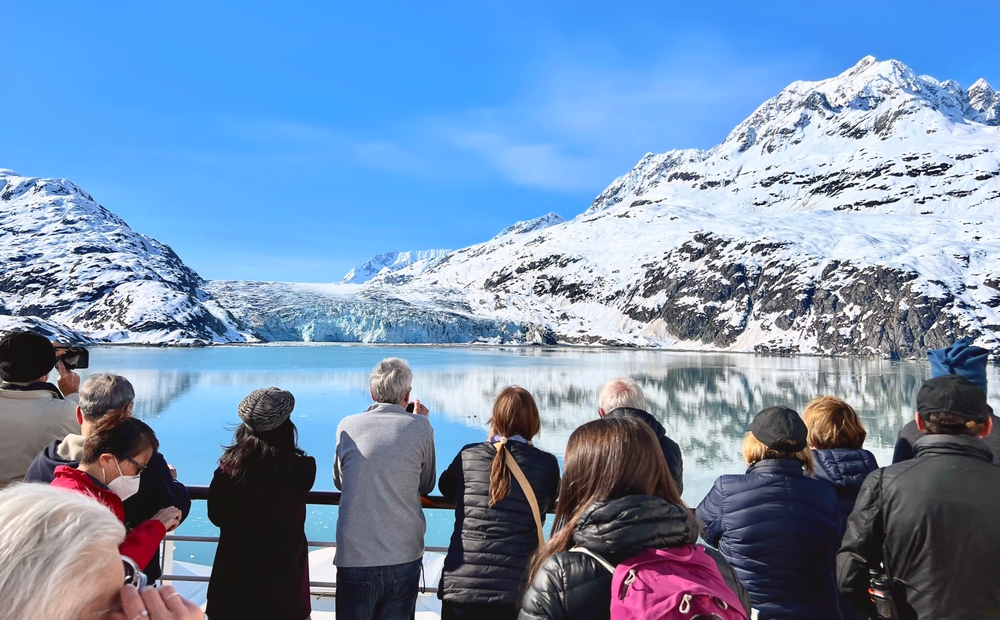
Alaskans are fiercely independent, shaped by the state’s vast wilderness and challenging conditions. The remoteness of many communities often means residents rely on themselves and a small circle of trusted individuals. This self-sufficient mindset can make locals seem distant or unapproachable to outsiders, especially those unfamiliar with rural life.
Despite their reserved nature, Alaskans are known for coming together during crises or emergencies. Travelers who take the time to learn about the state’s unique way of life often find locals more than willing to share their stories and insights. Patience and respect for their independent spirit go a long way.
4. New Jersey’s reputation for attitude overshadows its neighborly spirit.
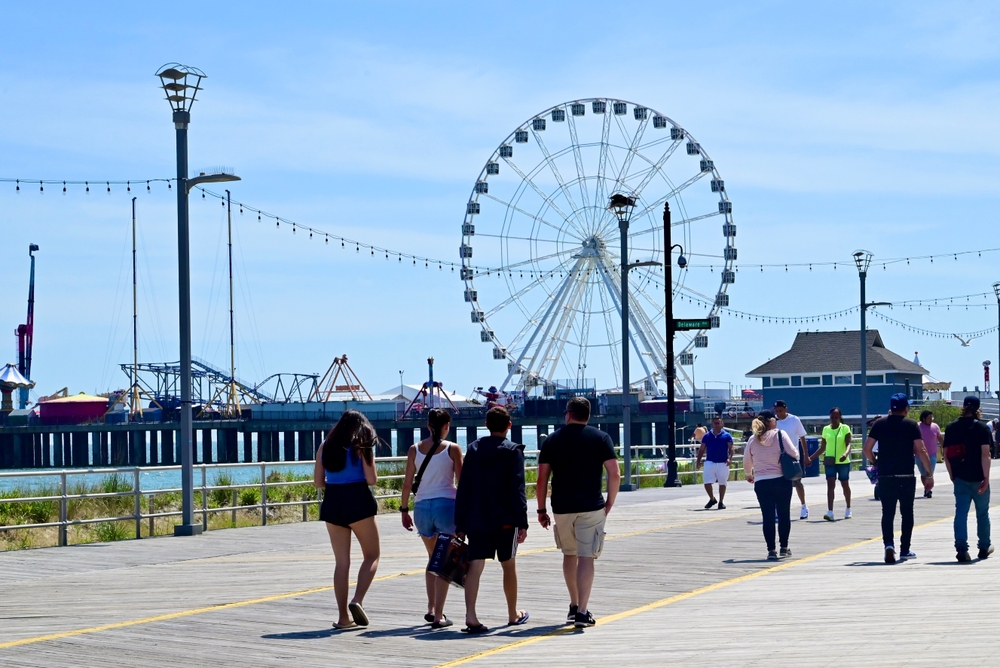
New Jersey is often associated with brash personalities and strong opinions, thanks in part to its proximity to New York City. The state’s densely populated areas and heavily trafficked highways can lead to stress, which may explain why locals don’t always exude warmth. Quick comebacks and unapologetic honesty are staples of the Garden State’s identity.
Yet, beneath the tough exterior lies a deep pride in community and culture. New Jerseyans are passionate about their neighborhoods, food, and traditions. Once you adapt to their straightforward style, you may discover a fiercely loyal and caring side that doesn’t always reveal itself at first glance.
5. Connecticut’s reserved nature reflects its wealthy, suburban culture.
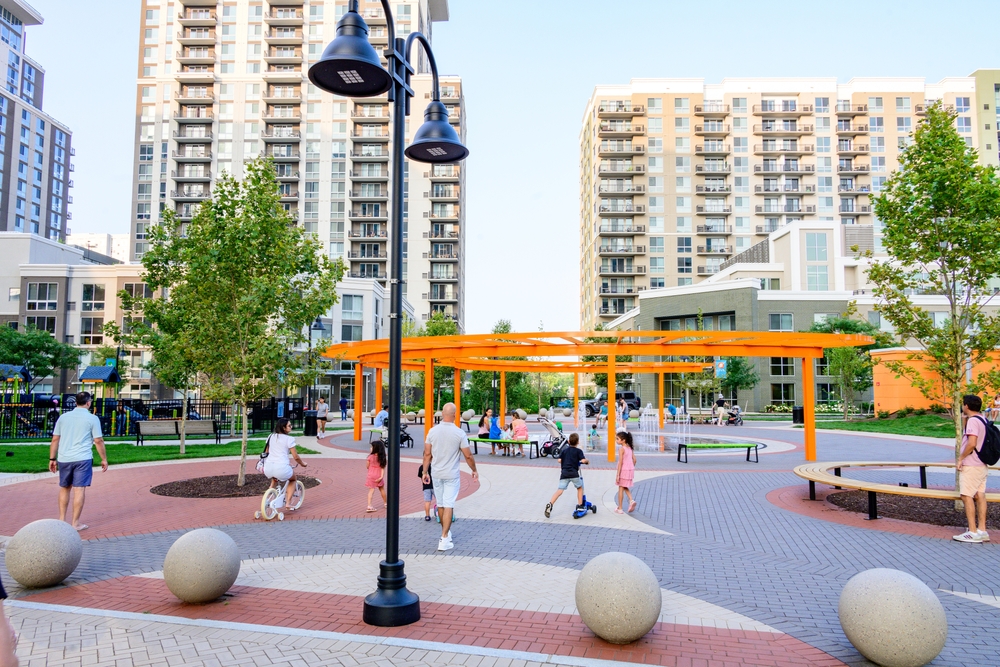
Connecticut’s reputation for being less friendly stems from its affluent, suburban atmosphere. Many residents value privacy and form tight-knit social circles, which can make it challenging for outsiders to feel welcomed. The state’s quiet demeanor is often mistaken for coldness, but it’s more about maintaining boundaries than outright unfriendliness.
Interestingly, Connecticut’s charm lies in its understated hospitality. Locals are polite and helpful when approached, though they may not go out of their way to initiate interactions. Building rapport here often takes time and a shared sense of community involvement.
6. Michigan’s Midwestern charm has a reserved undertone.
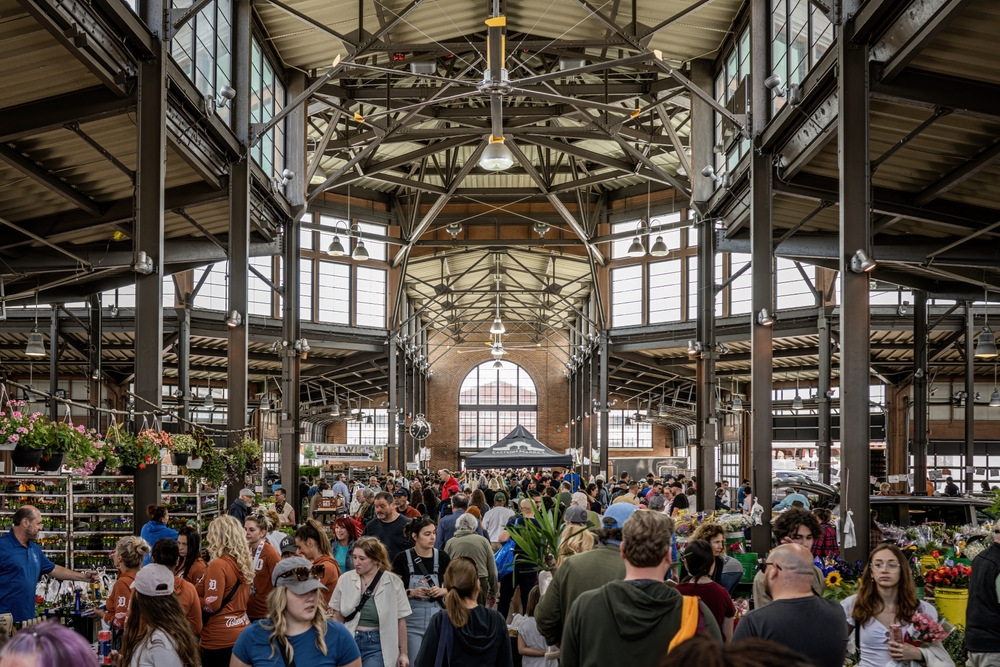
Michigan residents, particularly in urban centers like Detroit, may appear less approachable compared to their Midwestern neighbors. This reserved nature is often linked to the state’s economic struggles, which have shaped a pragmatic and cautious mindset. While the rural areas exude warmth, city life can feel less inviting to newcomers.
That said, Michiganders are deeply proud of their resilience and culture. Once trust is established, locals are eager to share their love for the Great Lakes, local cuisine, and sports teams. The key is understanding that their initial reserve often masks a genuine sense of community.
7. Rhode Island’s small size fosters an insular social scene.
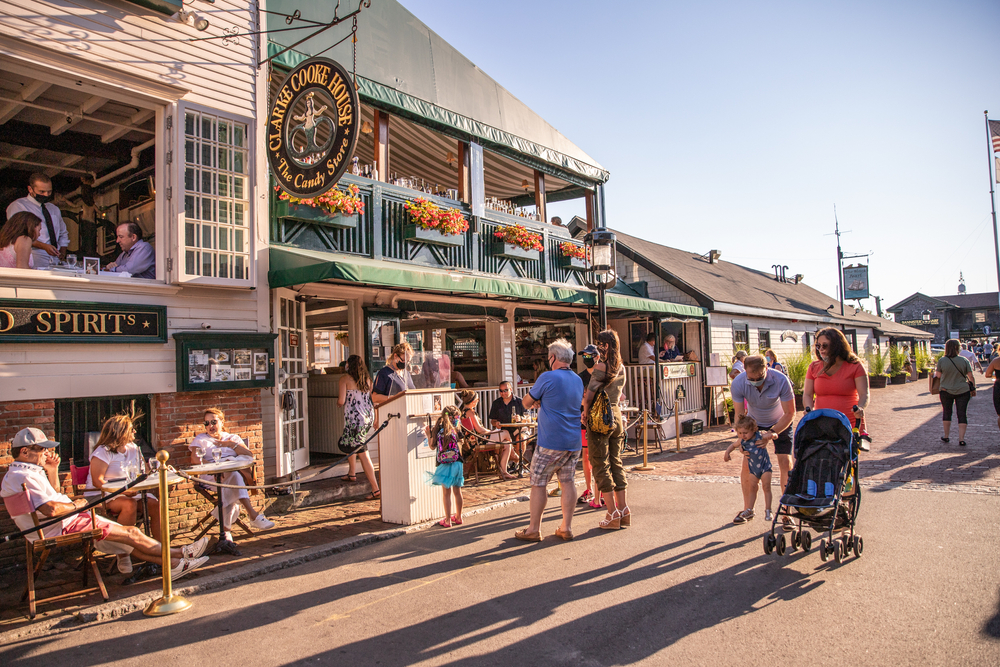
Rhode Island, the smallest state, is known for its close-knit communities where everyone seems to know everyone. While this creates a strong sense of local identity, it can feel exclusionary to newcomers or visitors. Locals often have deep-rooted connections, making it challenging to break into their social circles.
However, Rhode Islanders have a quirky, endearing side that shines through in casual interactions. Taking the time to appreciate their unique traditions and regional pride—like their love of coffee milk—can help bridge the gap and foster connections.
8. Vermont’s rugged individualism fosters a quieter social vibe.
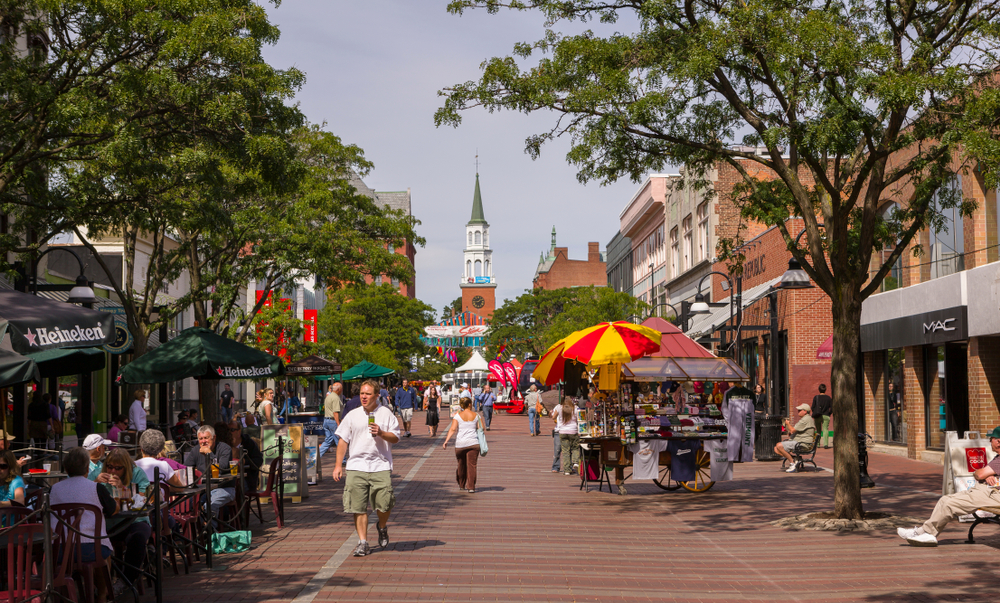
Vermont’s picturesque landscapes and small-town charm mask its reputation for reserved locals. Vermonters are known for their self-reliance and preference for a slower pace of life. This independence can sometimes come across as aloofness, especially to those expecting more overt friendliness.
Yet, Vermonters are often eager to share their love for nature and sustainability with like-minded individuals. Engaging in local events, like farmers’ markets or outdoor activities, is a great way to connect with residents and appreciate their understated warmth.
9. Nevada’s transient population affects its sense of community.
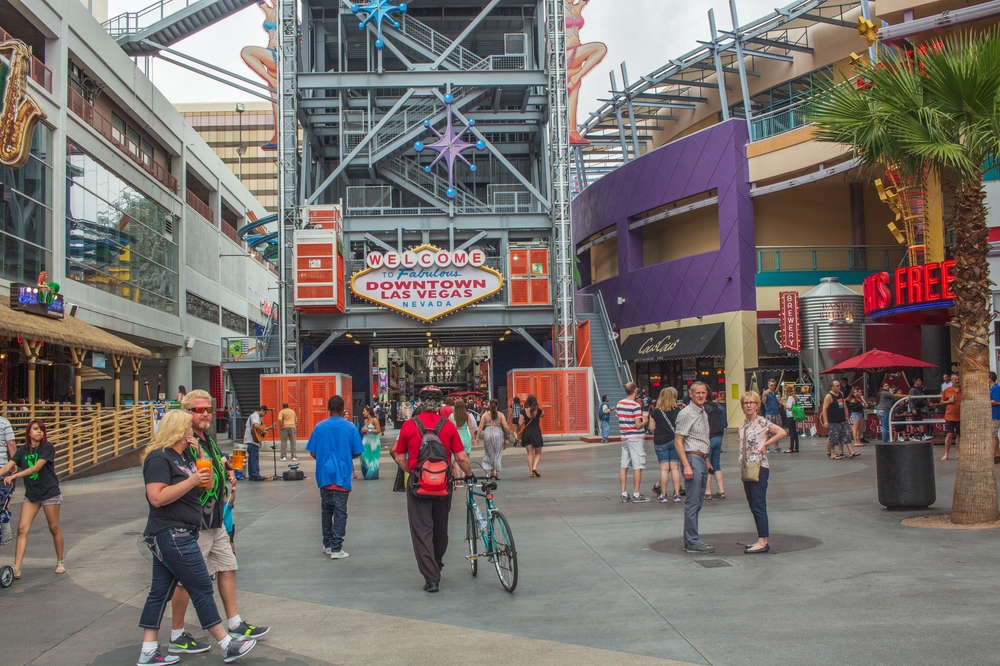
Nevada, particularly in cities like Las Vegas, sees a high turnover of residents and visitors. This transient nature makes it difficult to foster a strong sense of community, leading locals to appear indifferent or detached. Tourists may mistake this as unfriendliness, but it’s often a byproduct of the state’s unique lifestyle.
Even so, Nevada residents are fiercely proud of their state’s history and attractions. Those willing to look beyond the glitz and glamour will find a welcoming spirit among locals who appreciate the state’s diversity and resilience.
10. Florida’s mix of cultures creates an unpredictable social experience.
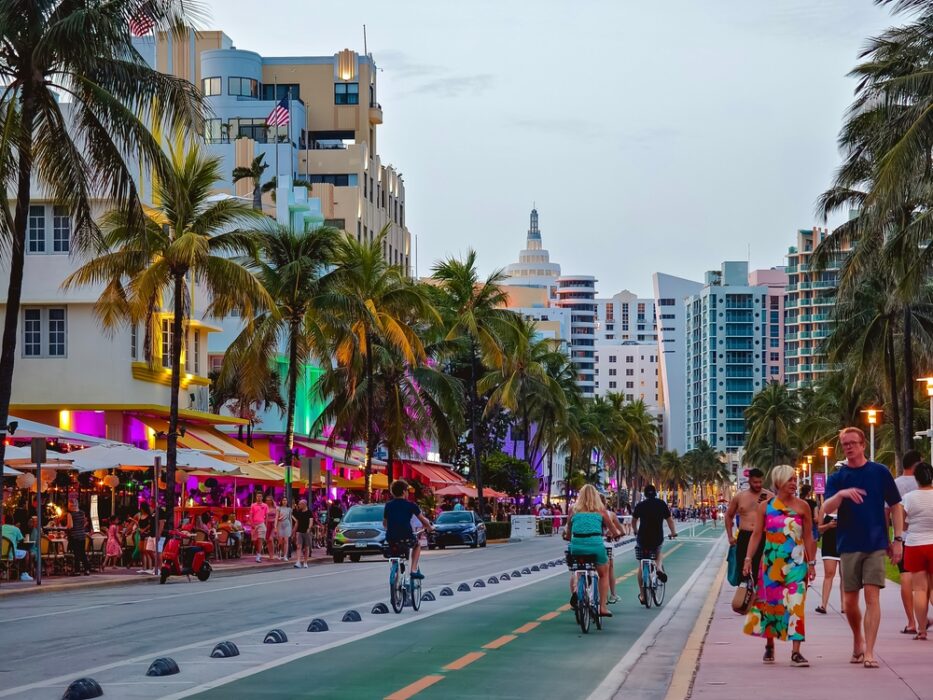
Florida’s diverse population includes retirees, immigrants, and transplants from across the country, leading to varied attitudes toward newcomers. In some areas, locals may seem standoffish, particularly in tourist-heavy regions where hospitality fatigue is common. The state’s bustling pace can also amplify stress and impatience.
On the flip side, Florida’s cultural diversity offers unique opportunities for connection. Engaging with locals in less tourist-centric areas often reveals a warm and vibrant community eager to share their traditions and stories.
11. Texas’ pride sometimes translates into a guarded demeanor.
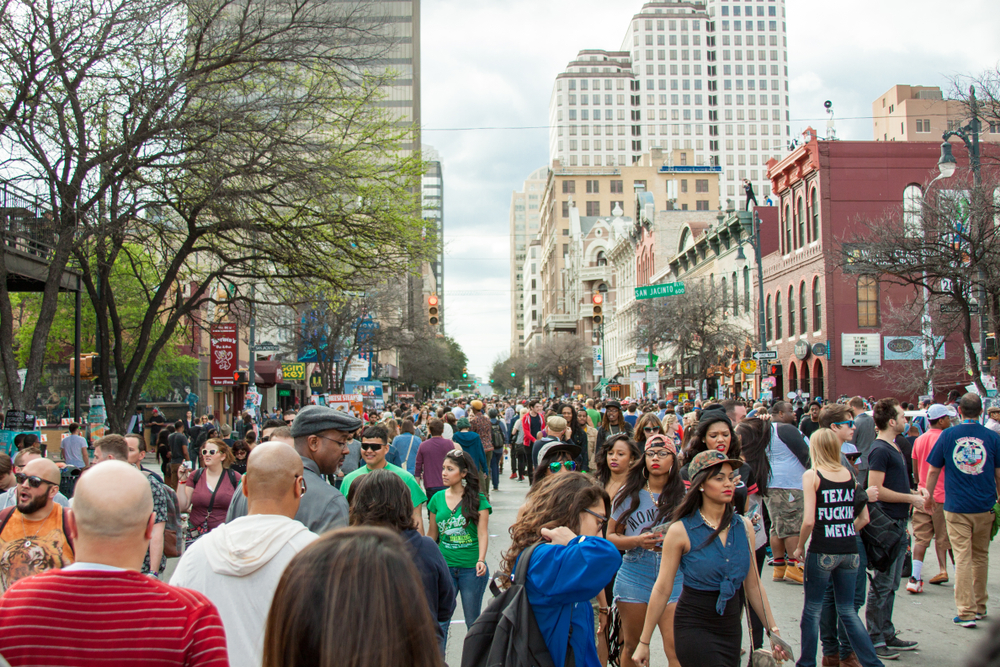
Texas is often associated with Southern hospitality, but not all parts of the state exude warmth. In urban areas, the focus on individualism and personal success can overshadow community values, leaving visitors feeling unwelcome. Texans are proud and outspoken, which can come across as intimidating to outsiders.
Nevertheless, Texas locals are deeply committed to their heritage and traditions. Those who take the time to appreciate their culture often find themselves embraced by a spirited and loyal community. A shared love for barbecue or football can quickly turn strangers into friends.
12. California’s fast pace fosters a more impersonal culture.
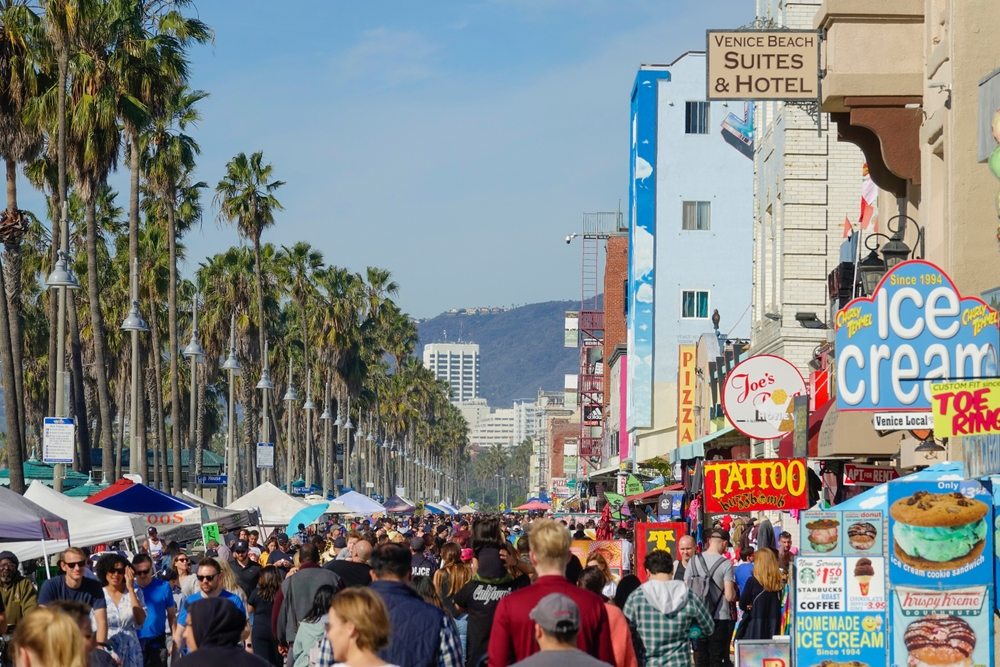
California’s sprawling cities and bustling lifestyles contribute to a reputation for aloofness. In places like Los Angeles or San Francisco, the focus on ambition and personal goals often leaves little room for fostering connections with strangers. The high cost of living can also create stress, further impacting the social atmosphere.
Despite this, Californians are often welcoming in laid-back settings like beaches or vineyards. Engaging with locals during community events or outdoor activities provides a glimpse into the state’s more approachable side, balancing its reputation for impersonal interactions.
13. Washington’s rainy weather reflects its introverted culture.
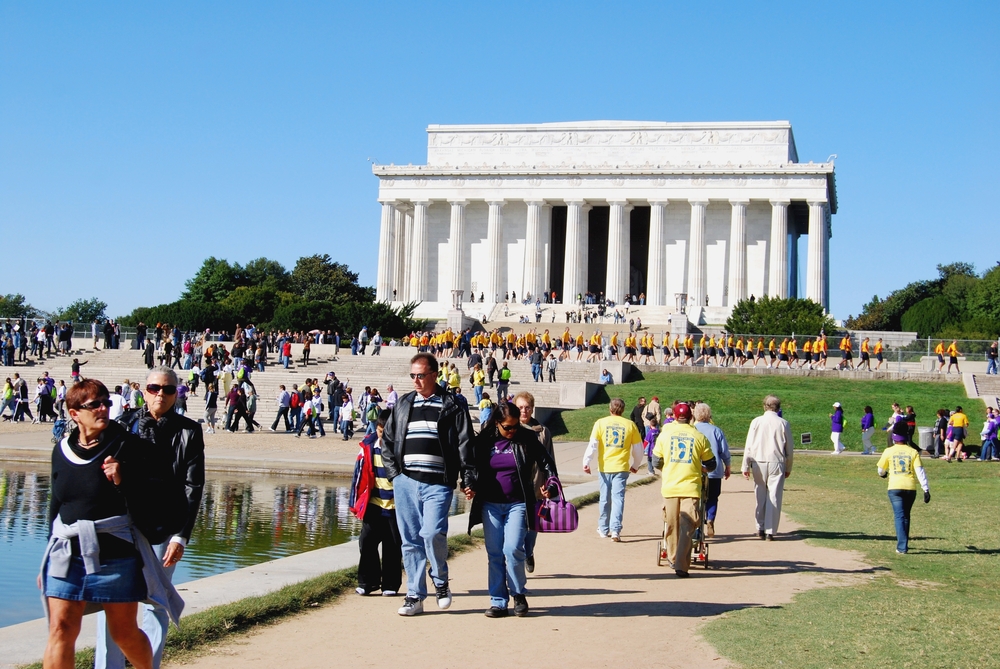
Washington, particularly in the Seattle area, is known for the “Seattle Freeze”—a term describing the locals’ perceived reluctance to form new connections. The state’s gray, rainy climate contributes to a more introverted culture, where people tend to keep to themselves. Visitors may interpret this reserved nature as unfriendliness.
However, Washingtonians are deeply passionate about their environment and culture. Joining in on outdoor activities or engaging in discussions about local causes often reveals their true warmth and enthusiasm, dispelling the initial chill.
14. Oregon’s quirky charm can feel exclusive to newcomers.
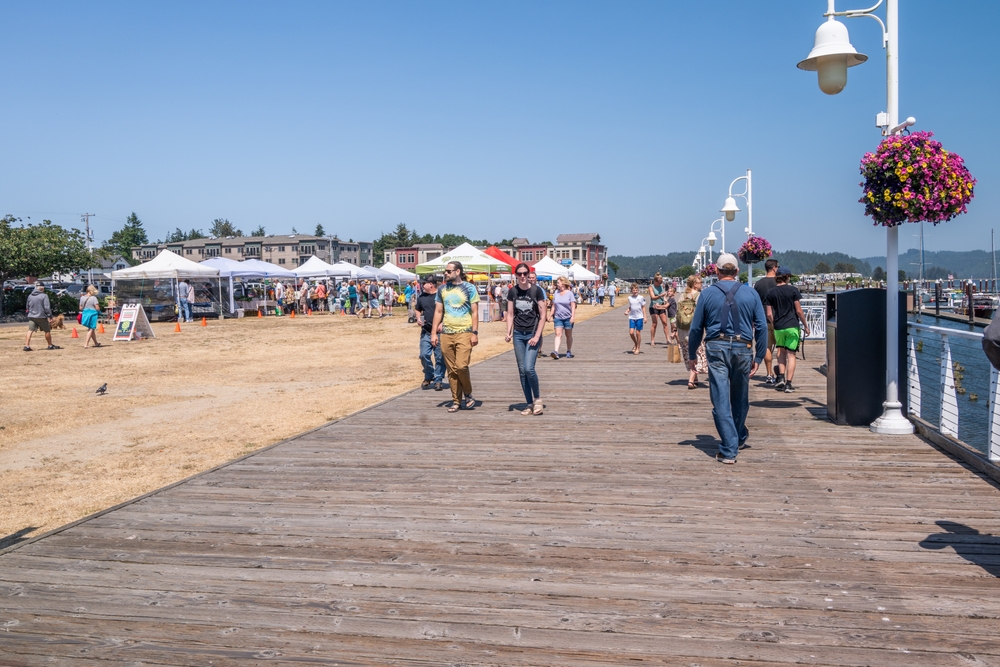
Oregon is celebrated for its unique culture, but this very quirkiness can make it challenging for outsiders to feel included. In cities like Portland, locals often form tight social groups based on shared interests, which can feel exclusive to newcomers. The state’s eco-conscious and progressive ethos can also create divides with those who don’t share similar values.
Even so, Oregon residents are fiercely loyal to their communities and often welcome those who take an interest in their culture. Engaging in outdoor adventures or supporting local businesses is a great way to build rapport and feel at home.
